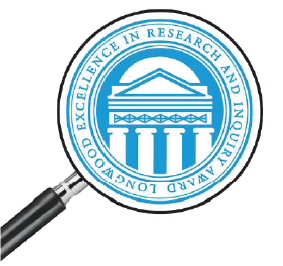Document Type
Poster
Publication Date
Spring 2022
Abstract
In the world of medicine and disease interventions, exercise is too often underlooked as a viable form of treatment or complementary treatment to medication. This is especially true with Parkinson’s Disease, a disease that attacks the basal ganglia of the brain and impairs neuromuscular function. In my analysis, I read a perspective from a PD patient, Gerry Hill, who has struggled with the disease himself and how he used physical activity to aid in his battle with the disease for both physical and psychological aid. Additionally, I performed research to understand how exercise benefits function within the brain. Aerobic exercise, in essence, is substantially beneficial in increasing dopamine, glutamate, and neurotrophic factor levels within the nervous system, all of which are essential for improving neural plasticity and maintaining proper neuromuscular function, two factors highly impaired in PD. From this research and analysis, I have introduced a proposal to raise awareness of aerobic exercise, specifically running, as a form of complementary treatment in the battle against PD. Noting the benefits of aerobic exercise in neural function and overall improvement of health, it is evident that exercise will slow the progression of PD along with declining the symptoms caused by the disease. Additionally, given the cardiovascular benefits of aerobic exercise, it could aid in the processing of PD medications in the bloodstream and improve their effectiveness. Because of this evidence, I believe we should introduce this proposal into the world of neurology and physical therapy to work towards increasing exercise presence in the treatment of Parkinson’s Disease in the future.
Recommended Citation
Barker, Jacob, "Parkinson's Disease and Exercise: Steps into a Hopeful Future" (2022). Spring Showcase for Research and Creative Inquiry. 69.
https://digitalcommons.longwood.edu/rci_spring/69
Included in
Medical Physiology Commons, Nervous System Commons, Nervous System Diseases Commons, Physiological Processes Commons, Psychiatric and Mental Health Commons, Sports Sciences Commons


